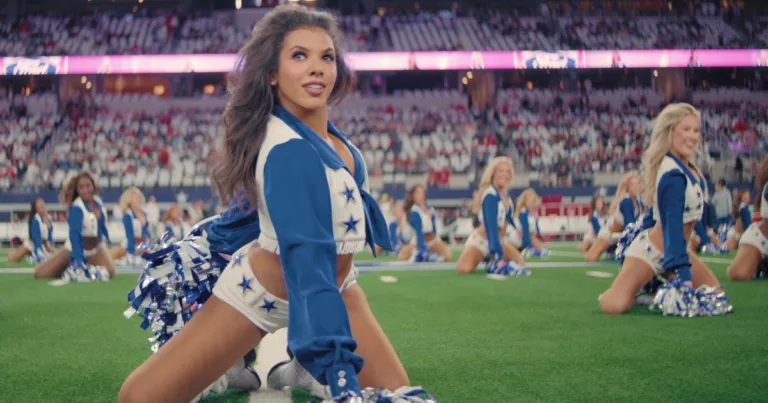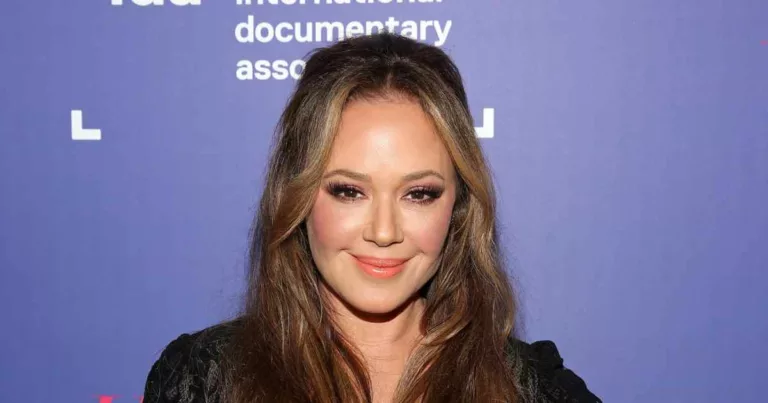The Reality of Dallas Cowboys Cheerleaders Salaries
Dancing for the Dallas Cowboys Cheerleaders (DCC) is often seen as a prestigious opportunity, but the financial reality for these performers may surprise many. Despite the glamour associated with the role, the salaries of DCC members are not as high as one might expect. In fact, many cheerleaders have openly discussed their earnings, revealing that…


